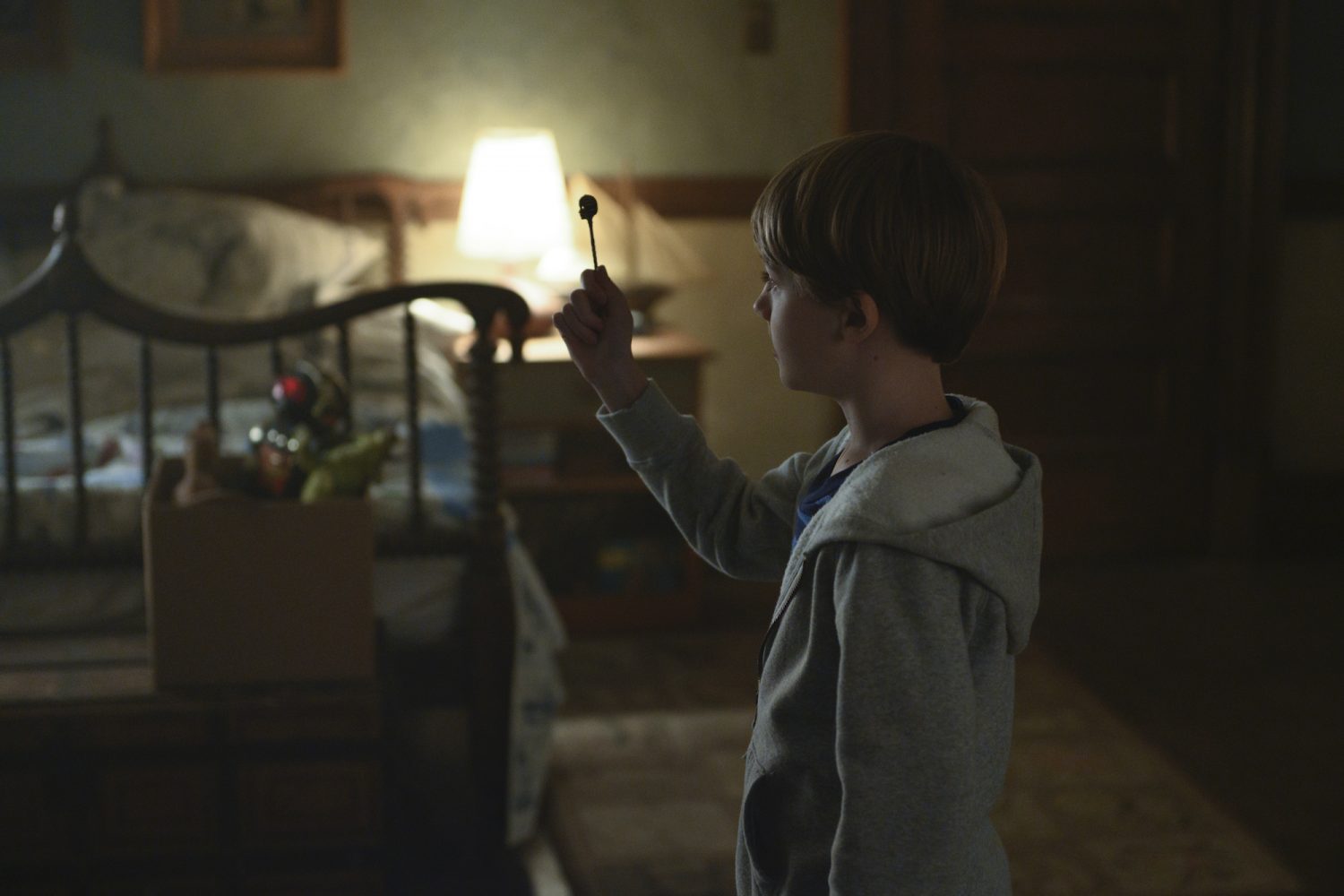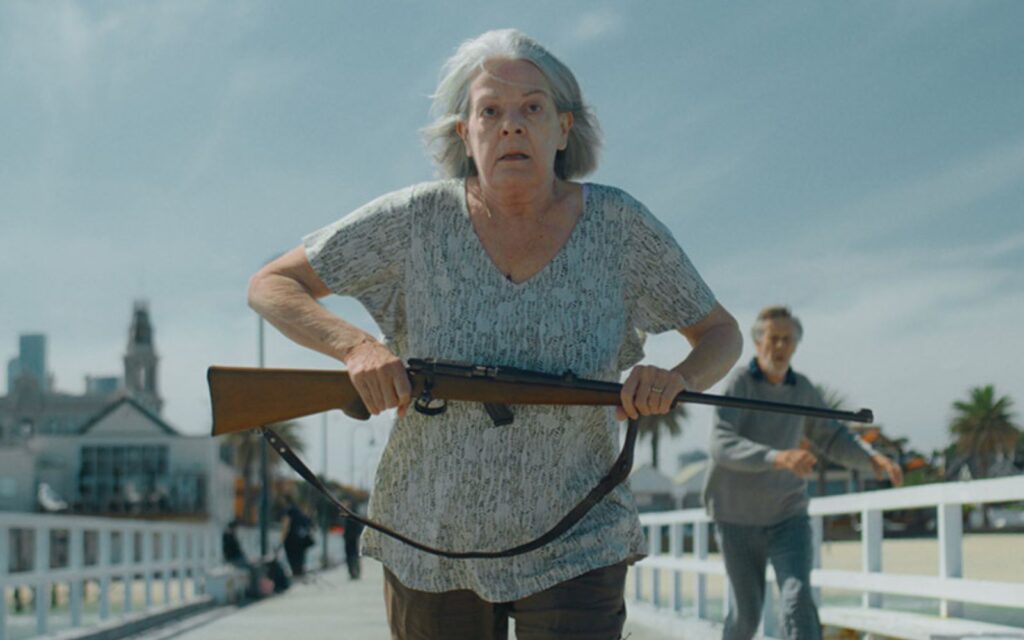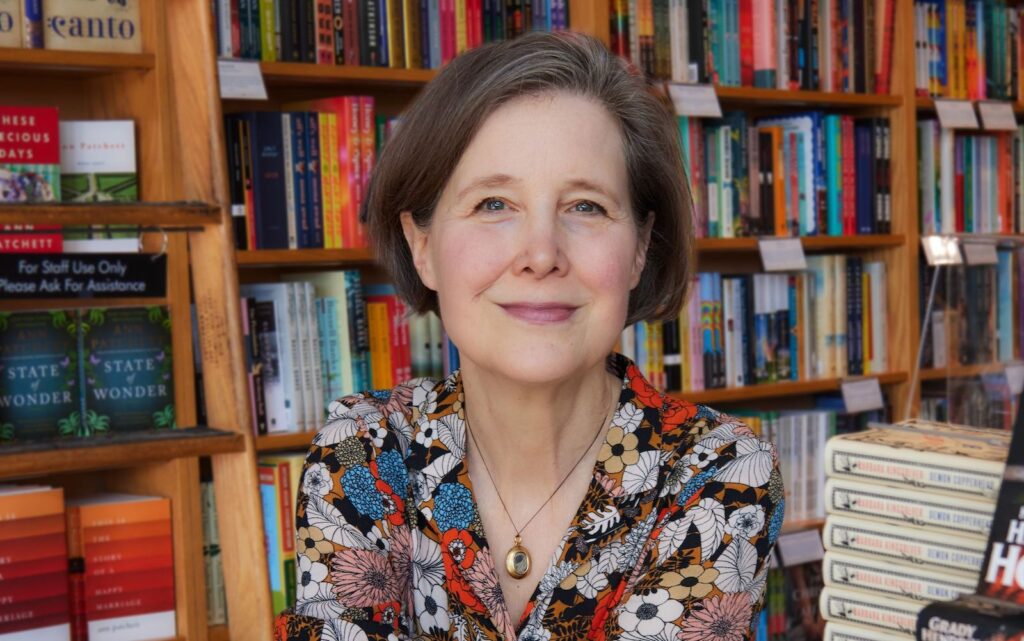★★ 1/2
An adaptation of Joe Hill, Gabriel Rodriguez and Jay Fotos’ comic series of the same name, Locke & Key has been a long time coming.
After a decade of unsuccessful attempts, the project emerges from development hell in the form of a Netflix series. The streaming giant’s Locke & Key is largely a family and teen drama peppered with soft fantasy elements, culminating in a show that drifts between solid and strained in its execution.
Following the murder of husband and father Rendell Locke, the remaining Locke family moves cross-country to Rendell’s childhood home. His children soon discover magical keys hidden throughout the house, with mysteries and threats emerging with them.
Rather than dumping them all on the viewer at once, the show reveals them — and their varying abilities — gradually, often evoking a sense of mystery.
However, other facets of the series are too familiar to be deeply interesting. The Locke children are initially rooted in cliché: Tyler (Connor Jessup) and Kinsey (Emilia Jones) begin with all the sarcasm and detachment of archetypal teenagers, while Bode (Jackson Robert Scott) is the energetic, naïve young child.
The show does attempt strides towards fleshing out the Locke kids, especially their grief at their father’s murder, and opening them up to the characters around them.
The Locke who most defies cliché is Nina (Darby Stanchfield). While she is the mother of the children and Rendell’s wife, she isn’t a character revolving solely around maternalism, but rather her own questions, anxieties and demons. While the narrative can sometimes exclude Nina for feeble reasons, she is the hardest of the main characters to pin down.
Rendell’s death and the mysterious circumstances surrounding it weigh heavily on the Lockes. This is explored with mixed success, but the show does offer some resonant ideas about trauma, loss and guilt.
It understands the ways we try to cope with pain and the unhealthy things we do anyway because the alternative options just seem too hard. We shouldn’t try to bring back the dead, Locke & Key says, but if we surround ourselves with the people still here, we can make it through. It’s not an original thought, but still worthwhile.
Though Locke & Key never quite hooks its audience enough to become genuinely gripping. Some of its narrative decisions work, and there are a few neat visual tricks: ghostly forms, a mirror characters can walk through, a key used in the back of characters’ necks – the show’s creepiest effect. But it’s held back by insisting on sarcastic quips, most of which fail because at best, they’re grating rather than funny or, at worst, hinder the progression of the characters.
Much of the drama is contrived, too, from small character conflicts to big, unconvincing twists. This includes Locke & Key’s central antagonist; some scenes aim for foreboding but are laughable instead, lacking the necessary menace to create tension.
The show runs out of uses for the character, eventually keeping the villain’s wheels spinning by delivering repetitive threats until the season is ready for its climax.
The final episode looks towards another season – which is reportedly already being written – but for now, Locke & Key lacks the magic to truly soar.
Locke & Key hits Netflix on Friday February 7.







